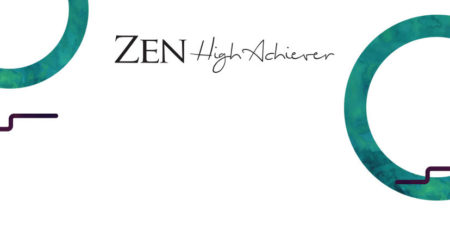How to Develop a Beginner’s Mind: 3 Tips
“Beginner’s Mind can be defined as the ability to see things, people and events with fresh eyes. Letting go of previous experiences and judgement. Beginner’s mind is critical for problem solving and essential for an innovative mindset.”
Since I posted an article about the 5 Traits of a Mindful-Agile Mindset I’ve been asked for tips on how to cultivate a beginner’s mind. Being truly honest my initial inner response is …. “Just sit!”. And by that I mean – practice Mind Training. I suggest that because according to research and based on personal experience I know that developing a beginner’s mind is a by-product of a mature mindfulness practice. So I believe the best way to cultivate a beginner’s mind and overcome cognitive rigidity is by establishing a daily mindfulness practice.
NOW, of course this is NOT the answer most people would like to hear. Because we all know it does take time, discipline and effort to develop a regular mindfulness practice.
Most of us (myself included) LOVE shortcuts and life-hacks!
So although my recommendation #1 for cultivating a beginner’s mind remains the same I will share 3 tips that can help people to start re-wiring their brain and develop cognitive flexibility.
Tip #1 – Be curious, present and watch-out for habitual perception.
Make a conscious decision to choose the fresh perspective of a beginner’s mind. You are an expert in your field. Wonderful! Next time an issue is raised, let go of the presumption you know the answer and listen carefully. Look closely. Select one day of the week (perhaps a Friday, that would be fun!) and pretend you just graduated from Uni and this is your first day at the office – question how/why things are done in your organisation/team. Take notes. Reflect. Discuss.
Tip #2 – Let go of the inner dialogue.
At work, we all have a task or a person that might trigger a negative response on us. Next time you need to deal with that, PAUSE and try your best to apply beginner’s mind. Observe your body physical response. Notice the (potential) negative inner dialog but do not engage with it. Let go of previous experience and judgment. Be fully present with the situation. Be open and notice what happens next.
Tip #3 – Challenge your daily routine.
For an entire week observe your daily routine and ask yourself. Why do I do this everyday? How I could I do this differently? Systematically challenge your default operation mode.
And remember…
“In the beginner’s mind there are many possibilities, in the expert’s mind there are a few.” – Shunryu Suzuki
*** If you would like to learn how we can help yourself or your team, reach out! *** nathalie@zenhighachiever.com – +61 (0) 406 079 486
#beginnersmind #agilemindset #mindfulness #innovation #lifehacks #habit #cognitiveneuroscience #potentialproject #zenhighachiever
Reference:
* One Second Ahead by Rasmus Hougaard, Jacqueline Carter, Gillian Coutts
* The Power of Habit by Charles Duhigg
* A 3min video by Charles Duhigg












Leave a Reply